Biomass electricity in the urgent need of energy transition
In the context of Vietnam aiming to develop clean energy and implement its Net Zero commitment by 2050, the need for energy transition is not only an inevitable trend but also an existing pressure on the national power system. Wind and solar power have grown rapidly in the period 2019-2022, but due to weather dependence and volatility, the power system needs more stable renewable sources. Biomass power, thanks to its ability to operate continuously in the background, is considered the “missing piece” in Vietnam’s clean energy structure.
A notable signal recently is that Can Tho is considering investing in a biomass power project worth VND8,000 billion, using rice husks, straw and agricultural by-products as raw materials for power generation. If implemented effectively, this project will not only create a stable source of clean electricity for the Mekong Delta - an area heavily affected by climate change - but also open the way to transform the agricultural economic model towards a greener direction, reducing pollution caused by burning straw after harvest.
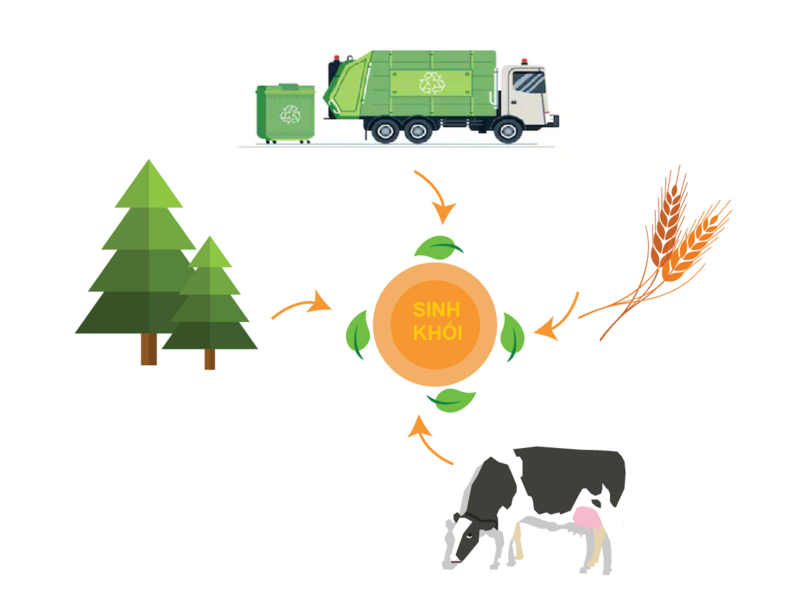
Potential biomass resources in Vietnam. Illustrative photo
This development orientation is not only taking place in Can Tho , Tuyen Quang, Gia Lai or Thanh Hoa all have projects to exploit biomass, creating electricity from agricultural and forestry by-products. This is consistent with the spirit of Power Plan VIII, which emphasizes the diversification of energy sources and increasing the renewable rate to ensure long-term energy security.
Energy experts' perspective shows that biomass power is not only an energy problem, but also a solution to environmental problems and sustainable agricultural development. According to analysis by Vietnam Electricity (EVN), Vietnam produces about 160 million tons of biomass by-products each year, but most of them are not effectively utilized, causing waste of resources and air pollution. If collected and processed in a modern way, this could be a huge source of clean energy for electricity and thermal power generation, contributing to reducing CO₂ emissions.
Large potential but not exploited to its full potential
Despite such great potential, the current biomass power picture is still quite modest compared to expectations. According to the Vietnam Energy Conservation Center (VNEEC), as of December 31, 2020, Vietnam's installed biomass power capacity only reached about 382.1 MW. Meanwhile, the target by 2030 according to Power Plan VIII is from 1,523–2,699 MW. The large gap between the target and reality shows that this sector is still in the stage of "awakening potential".
An important barrier is the electricity price mechanism. Decision 08/2020/QD-TTg stipulates the FIT price for cogeneration projects at 7.03 US cents/kWh and 8.47 US cents/kWh for non-cogeneration projects. This price is considered not attractive enough to offset the investment costs, collection and processing of biomass - which requires a specialized logistics chain.
According to the analysis of Power Construction Consulting Joint Stock Company 2 (PECC2), the problem of input materials is still the "biggest bottleneck", when most agricultural by-products are scattered, have high humidity, are difficult to preserve and have high transportation costs. Only when there is a concentrated raw material area and a central collection - processing system, can the model ensure effective operation.
In addition, the application of modern technology in biomass combustion in Vietnam is still limited. PECC2 believes that circulating fluidized bed (CFB) technology or high-efficiency combustion technology should be prioritized to reduce NOx, SOx emissions and increase energy conversion efficiency. This is very important when Vietnam is building a fair energy transition roadmap and needs technology that meets environmental standards.
From a policy perspective, recent signals show that the Ministry of Industry and Trade is considering adjusting the biomass power development mechanism to be more flexible and market-oriented. International cooperation, especially with experienced countries such as Japan, is considered the key for Vietnam to access advanced technology and a circular economic model associated with biomass. If the new policy can “untie” the problem of electricity and raw material prices, biomass power will have great room to break through.
Vietnam is an agricultural country with a large advantage in by-products. The development of biomass power not only aims to supplement clean energy sources, but also has profound socio-economic significance: creating new income for farmers, forming a green value chain in the locality, reducing polluting straw burning and contributing to reducing greenhouse gas emissions. This is an important "link" in the journey to transition to a circular economic model and green growth.
The project in Can Tho can be considered an important regional test. If successful, this model will create a spillover effect for many localities to participate, gradually forming a national biomass power grid. But to do that, in addition to an attractive electricity price policy, it is necessary to synchronize from raw material zoning, technical standards, processing technology to green financial mechanisms.
Biomass electricity, if properly exploited, will not only help Vietnam move closer to the Net Zero target, but also create a driving force for sustainable development from what belongs to Vietnamese agriculture. This is the right time to change, so that "energy from the fields" can truly become a new value for the present and the future.
Source: https://congthuong.vn/dien-sinh-khoi-dong-luc-moi-tren-hanh-trinh-xanh-cua-viet-nam-429248.html





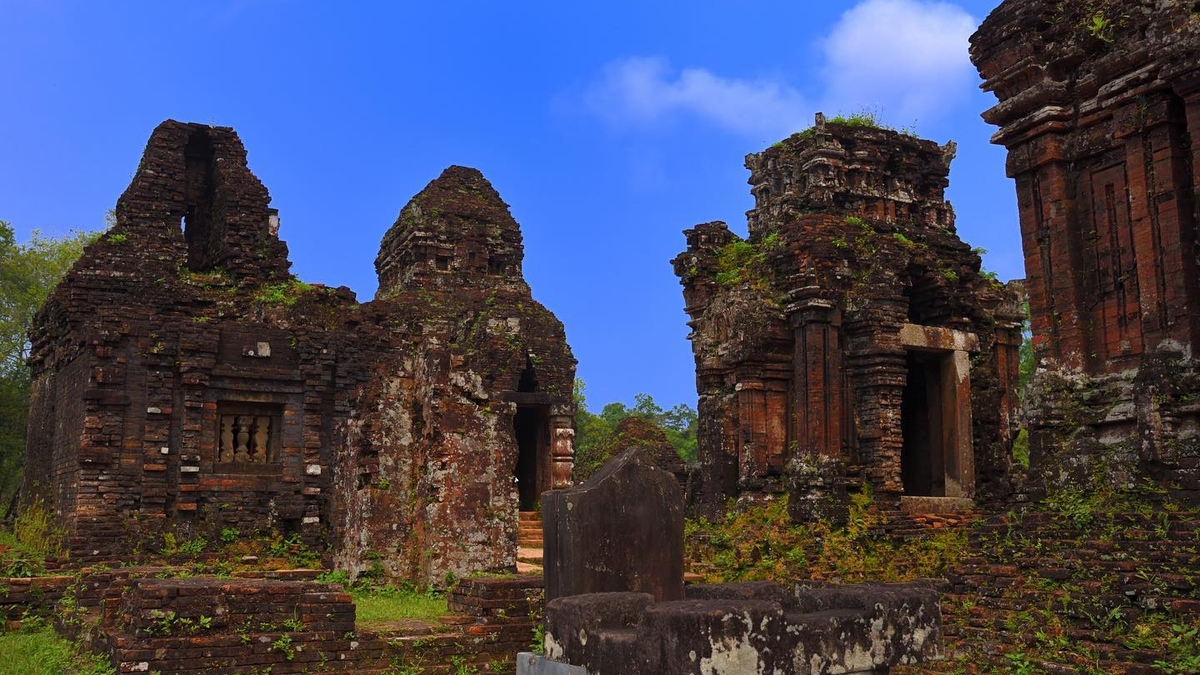

![[Photo] Da Nang: Hundreds of people join hands to clean up a vital tourist route after storm No. 13](https://vphoto.vietnam.vn/thumb/1200x675/vietnam/resource/IMAGE/2025/11/07/1762491638903_image-3-1353-jpg.webp)
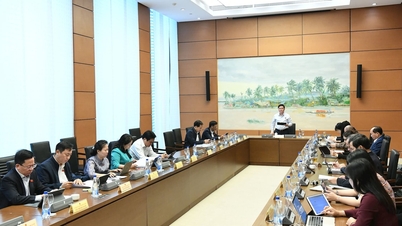

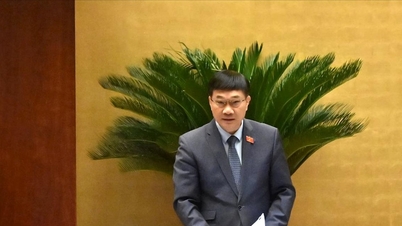
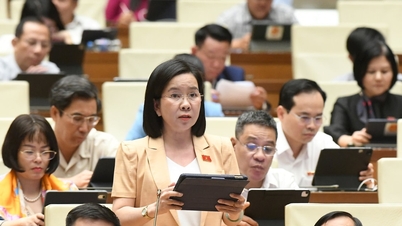
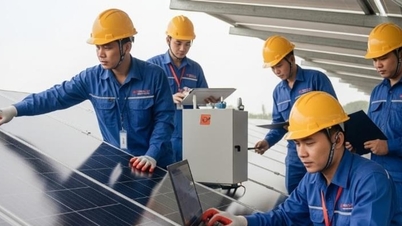
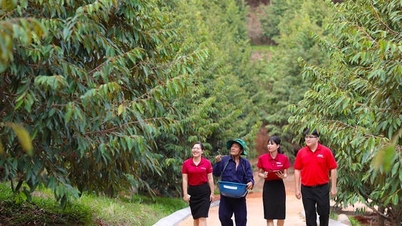



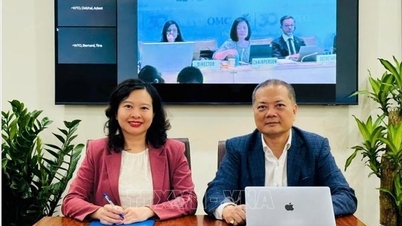

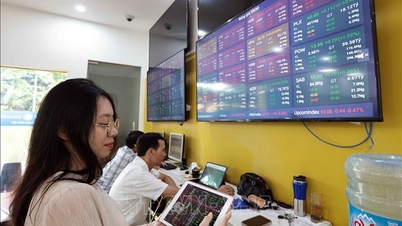
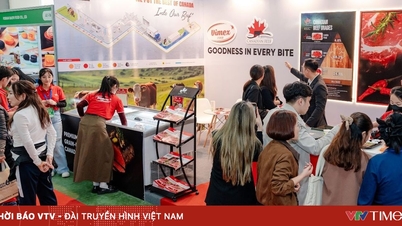

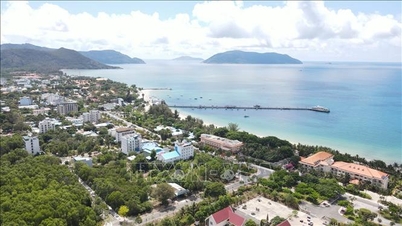
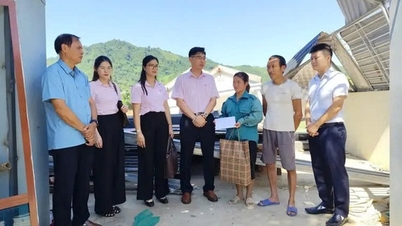














































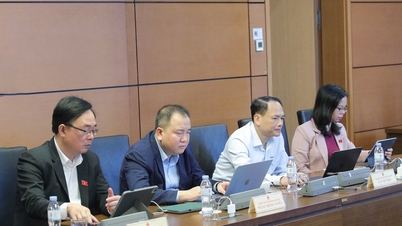


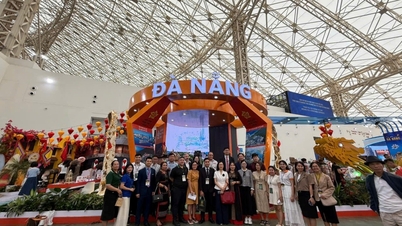



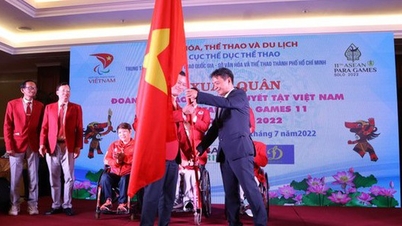
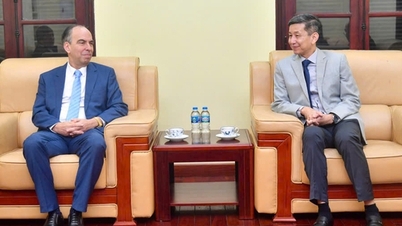
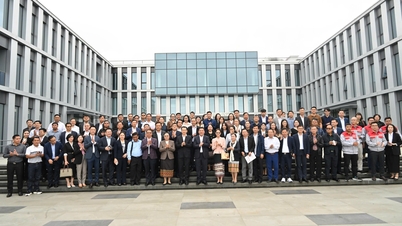


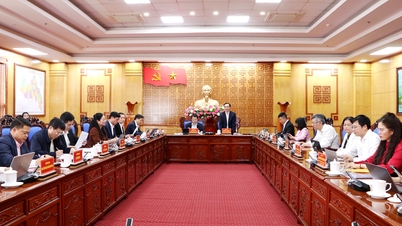




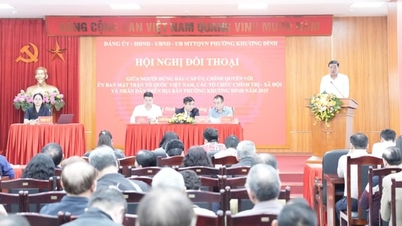
















Comment (0)